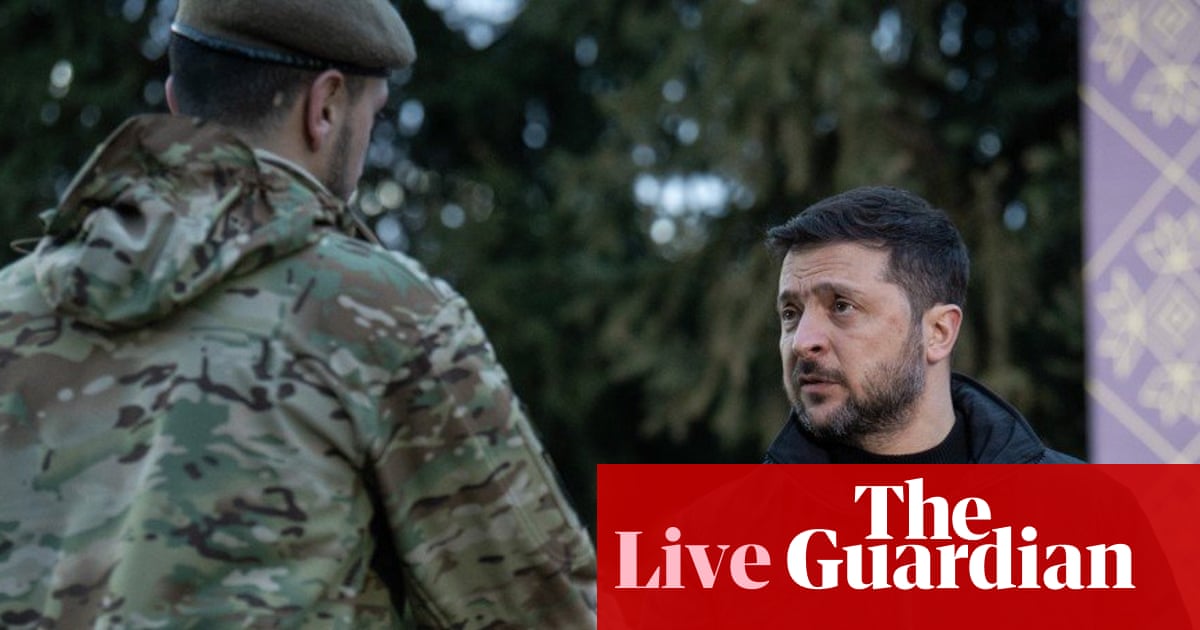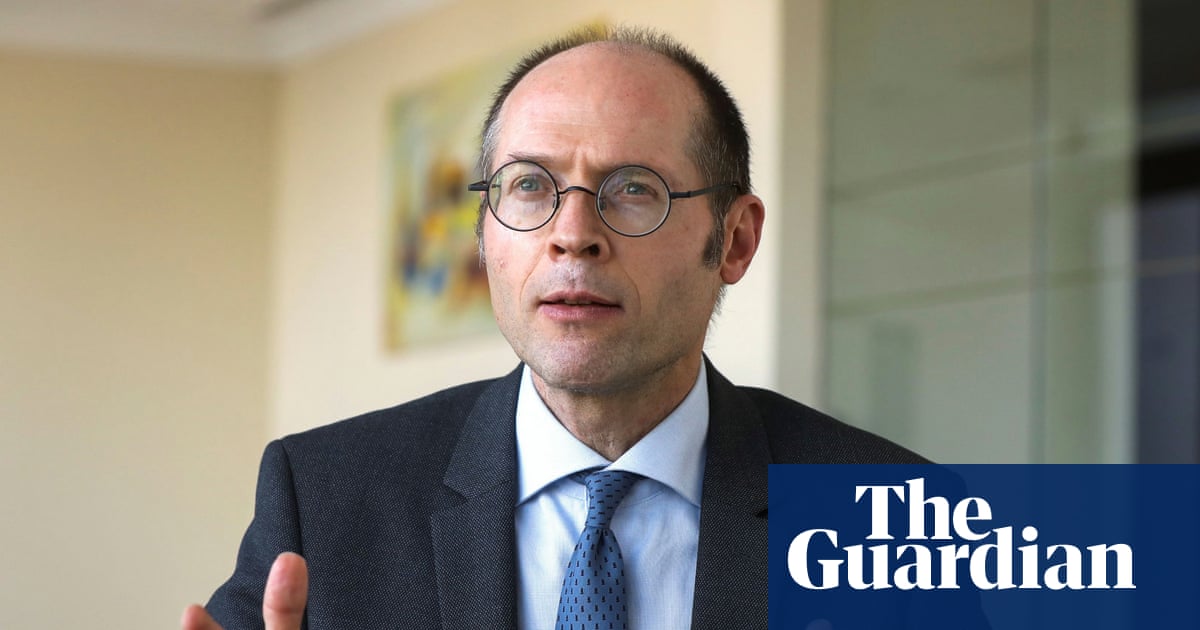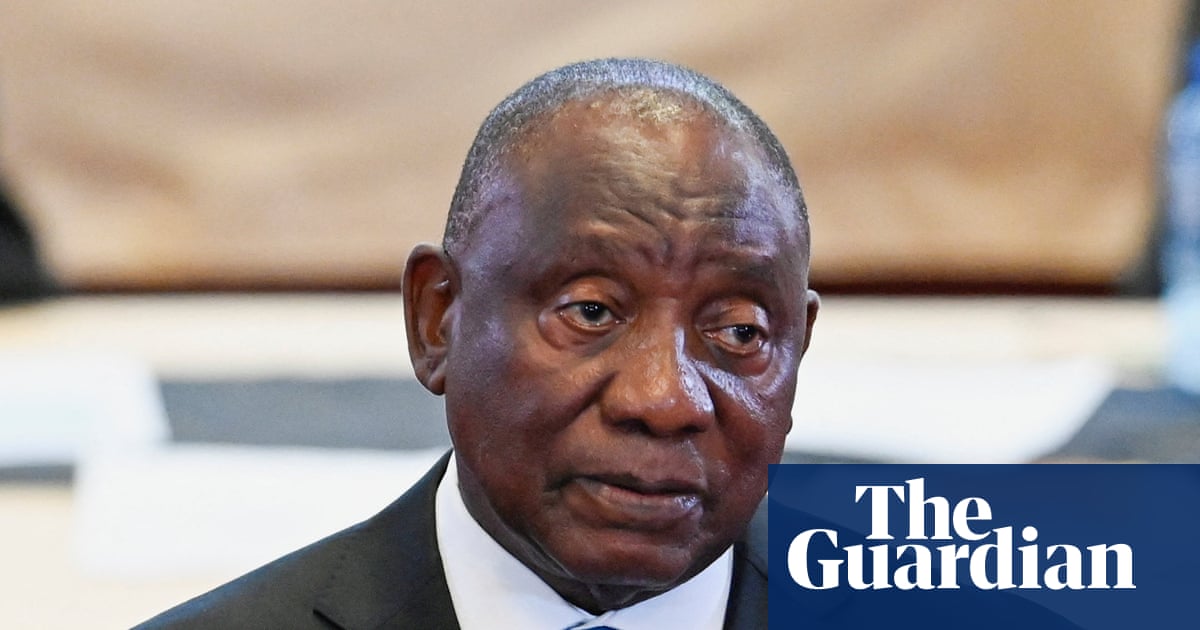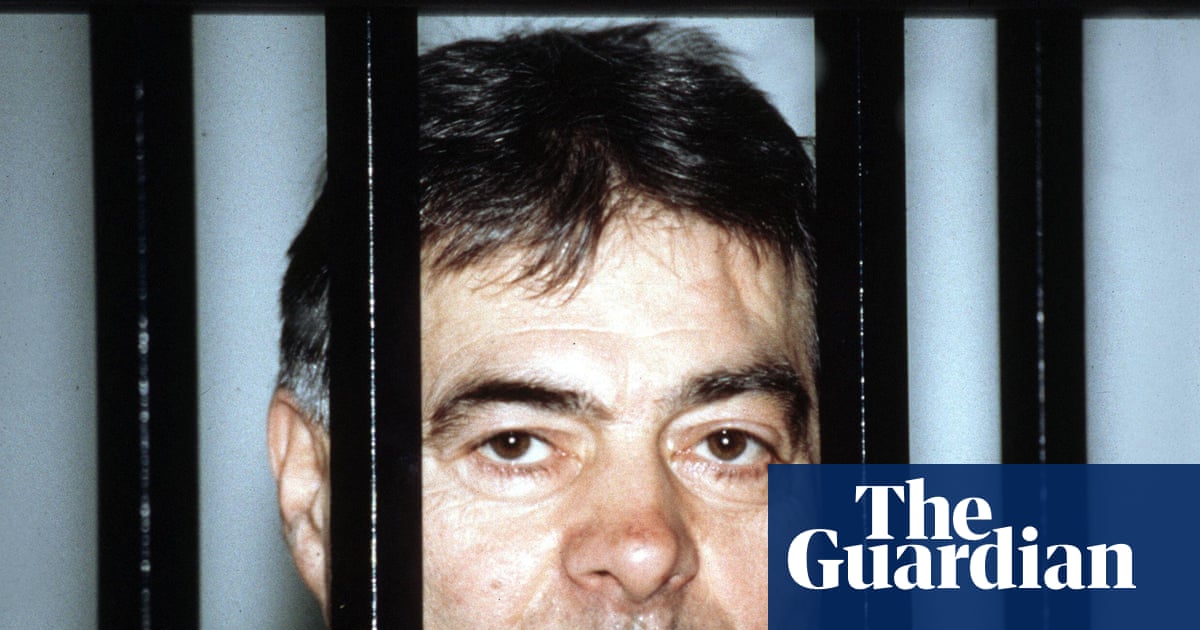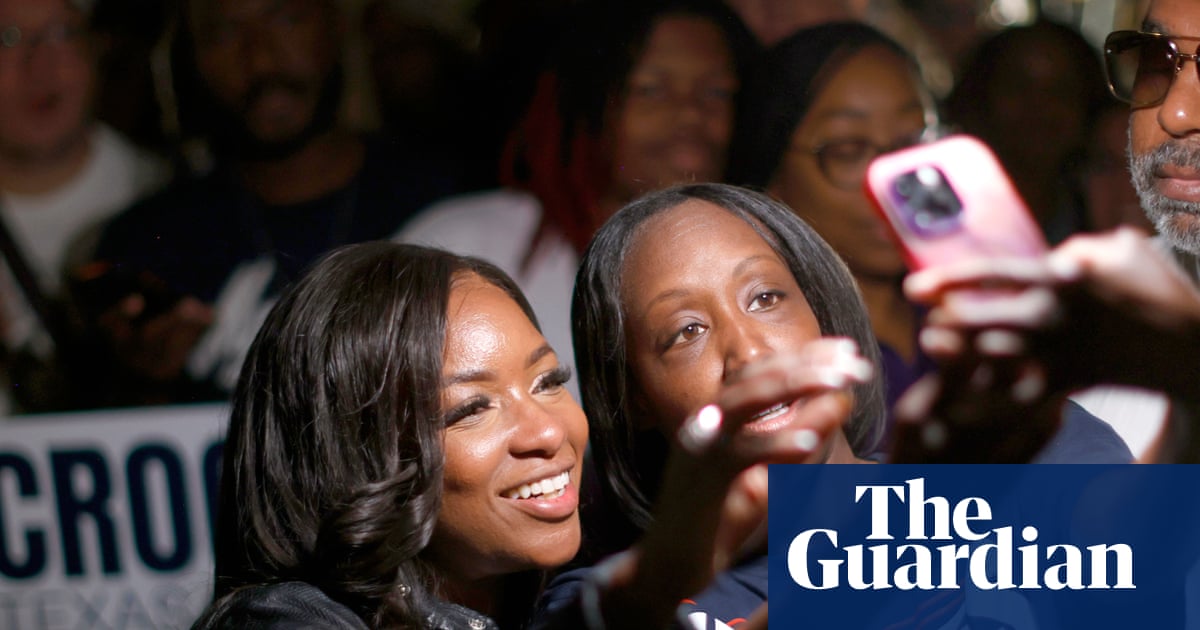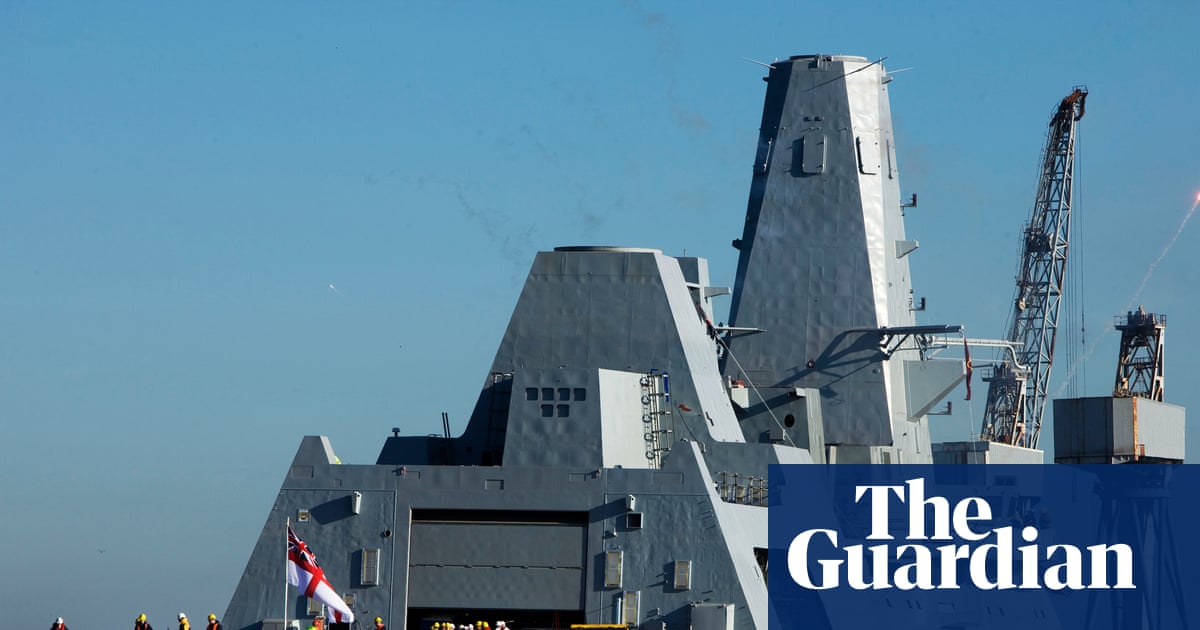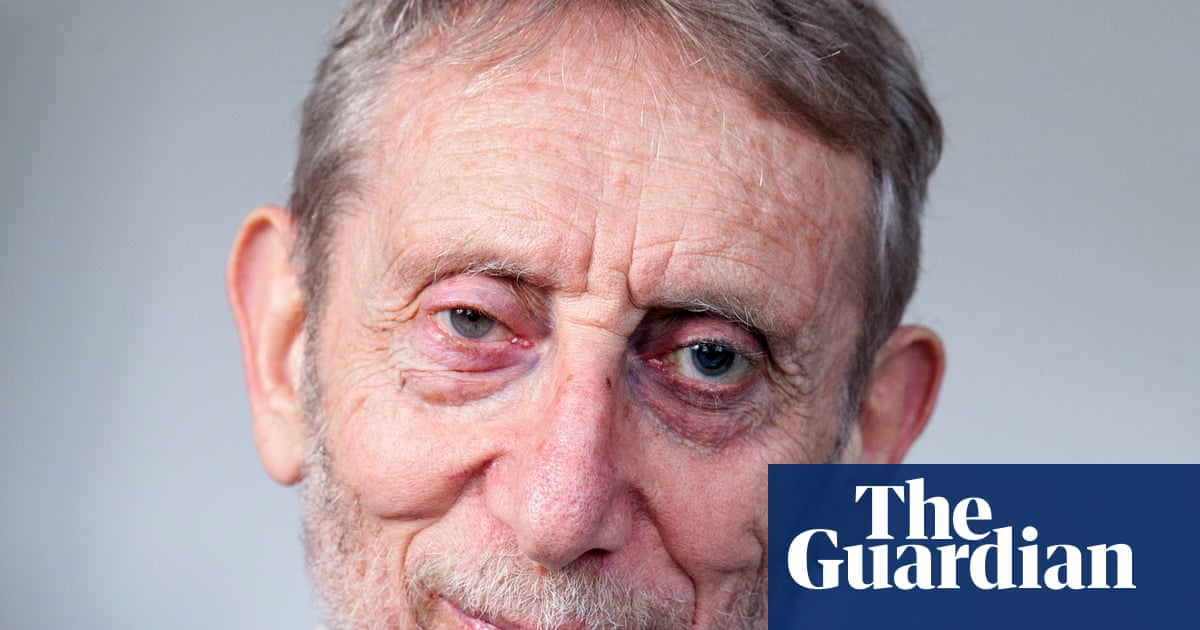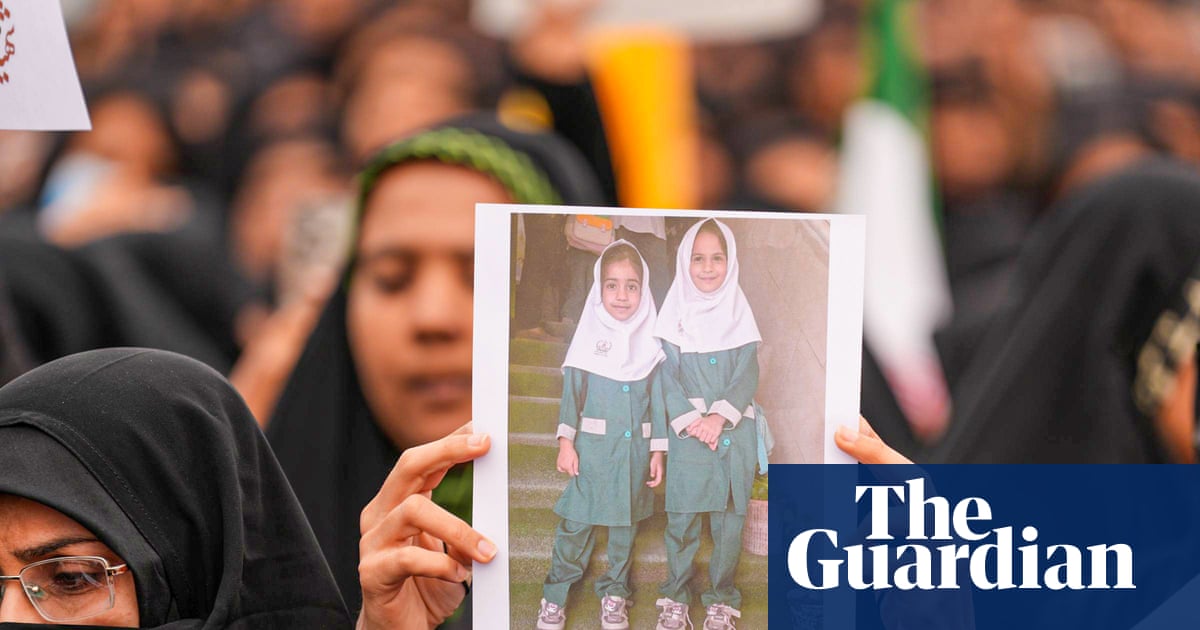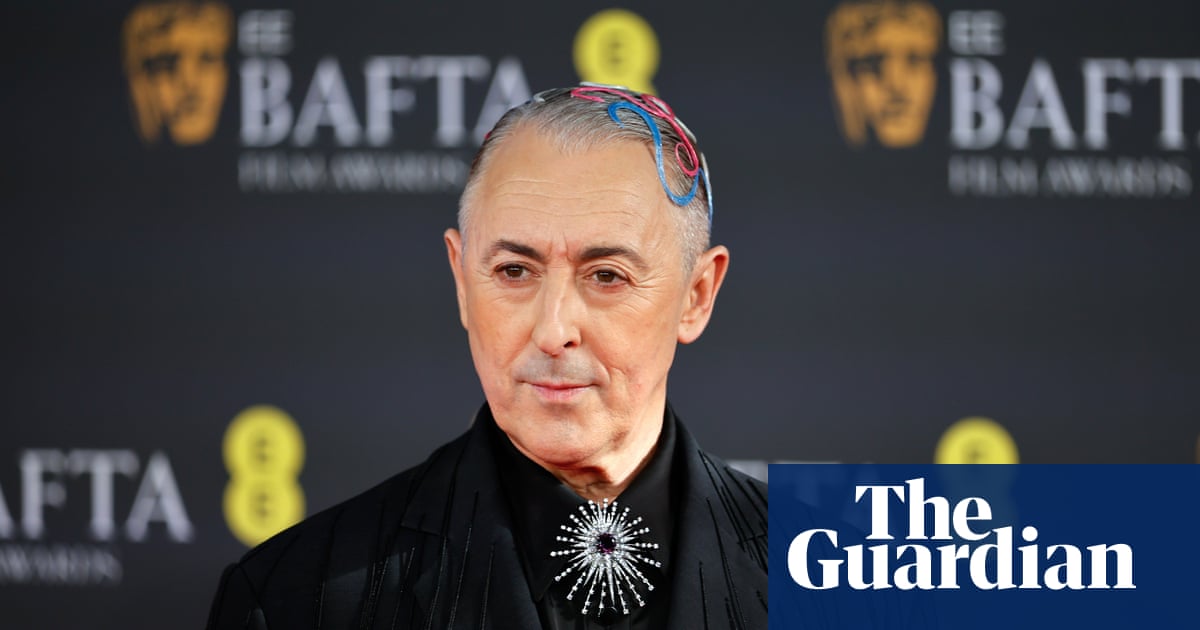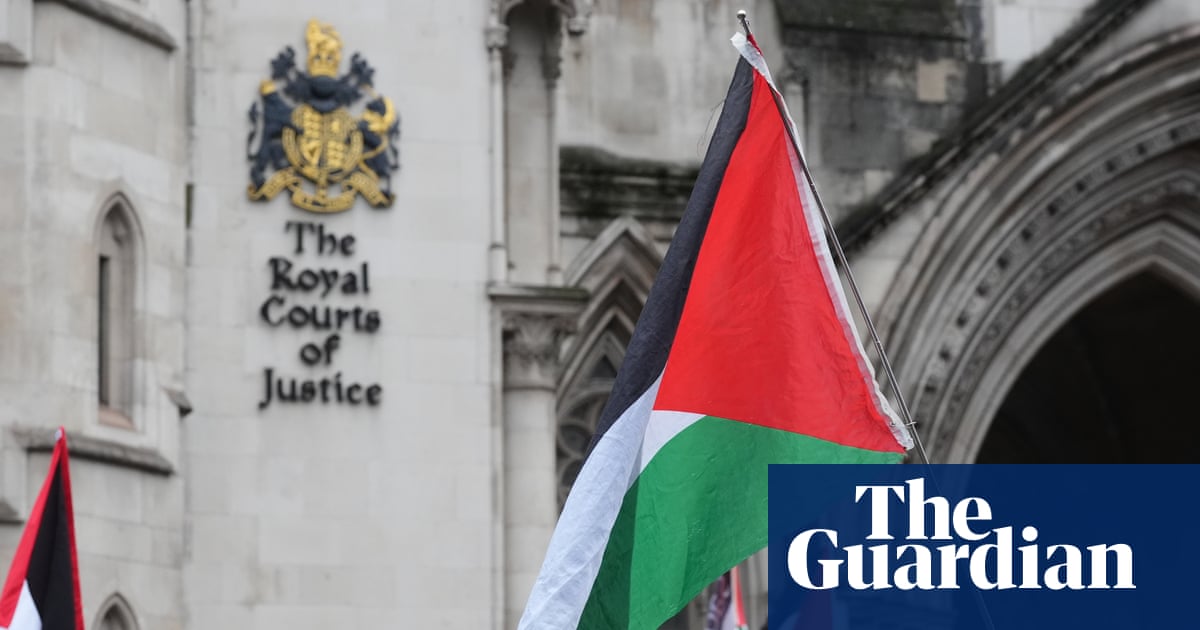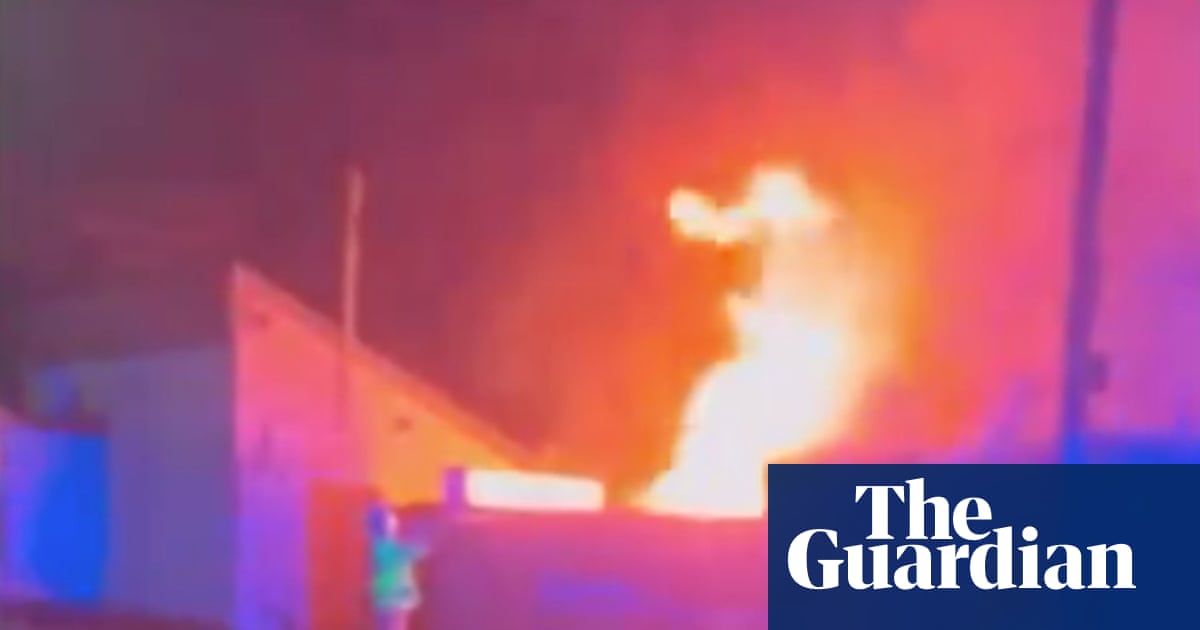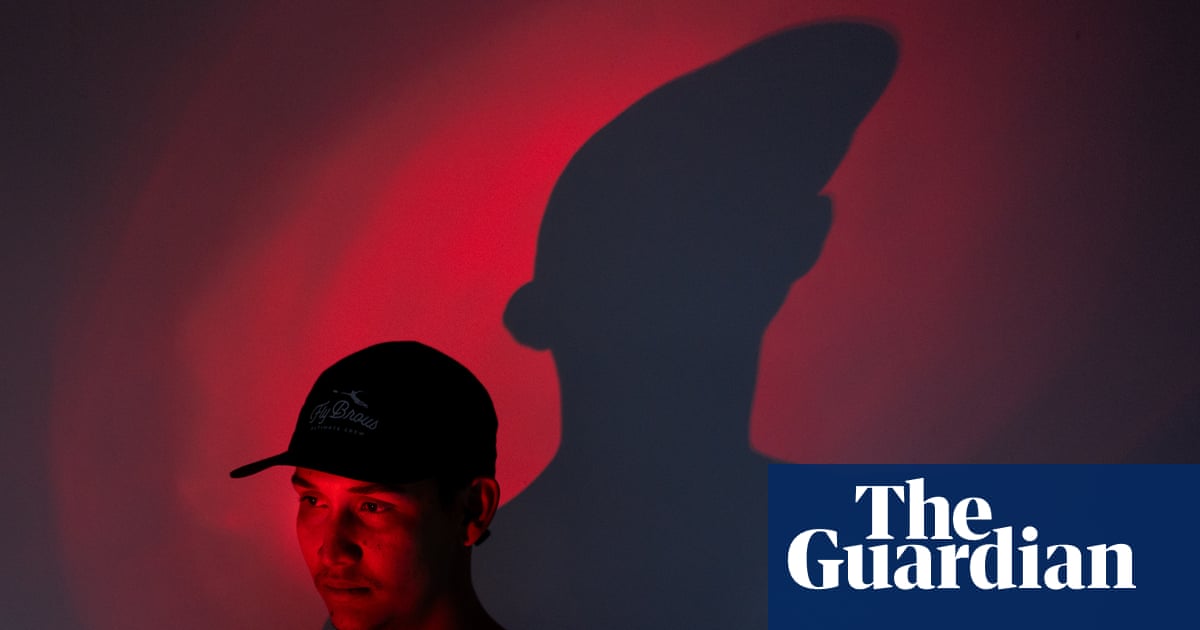Brazil’s president, Luiz Inácio Lula da Silva, has said his government will seek an independent investigation into what he called a “disastrous” police “massacre” that left at least 121 people dead.
Four officers and at least 117 others were killed when police launched a major assault on two of Rio’s largest clusters of favelas, the Complexo do Alemão and the Complexo da Penha, early last Tuesday to execute 100 arrest warrants.
The police raid – the deadliest in Brazilian history – made international headlines when scores of mutilated bodies were dumped at the entrance to one of the working-class areas where the operation took place. The dead included a 14-year-old and a 19-year-old who was decapitated and had his head exhibited on a tree. One police victim had his leg amputated after being shot.
There has been widespread public support for the carnage, with Rio’s rightwing governor, Cláudio Castro, hailing the operation as a severe blow to the Rio-born Red Command drug faction, one of Brazil’s biggest crime groups.
But speaking in the Amazon city of Belém on Tuesday, Brazil’s leftwing president said that while “some might see the operation as a success from the point of view of the number of deaths” he believed it had been “disastrous” as an action of the state.
“There was a massacre, and I think it’s important to verify the conditions under which it occurred,” Lula told foreign journalists after arriving in Belém for the start of the Cop30 climate summit.
“The judge’s order [authorizing the operation] was for arrest warrants to be executed, not a massacre. And there was a massacre,” Lula said in Belém, which despite being nearly 2,500km north of Rio, has also become a major Red Command hub as the faction has pushed deeper into the Amazon. Police say 19 of those killed during Tuesday’s operation were from Pará state of which Belém is capital.
Lula said he wanted to see federal police forensic investigators involved in an inquiry into the killings.
Polls show broad public approval for the raid, which had by far the highest death toll in Rio’s history and was even deadlier than 1992’s Carandiru prison massacre in Sāo Paulo, when 111 inmates were killed.
But security experts and activists argue it will do nothing to fundamentally weaken the Red Command or solve Rio’s four-decade conflict, which has seen heavily armed drug traffickers occupy poor areas abandoned by the police.
“If killing people fixed the problem, Brazil would be Switzerland,” one of the world’s safest countries, said security specialist Cecília Olliveira, whose group, Fogo Cruzado (Cross Fire), tracks armed violence.
The massacre has overshadowed the start of Brazil’s climate summit and a visit Prince William is making to Rio ahead of those talks. As the future king toured Rio on Tuesday, newsstands were adorned with copies of Brazil’s bestselling weekly magazine declaring the seaside city a “war zone”.

 3 months ago
68
3 months ago
68
